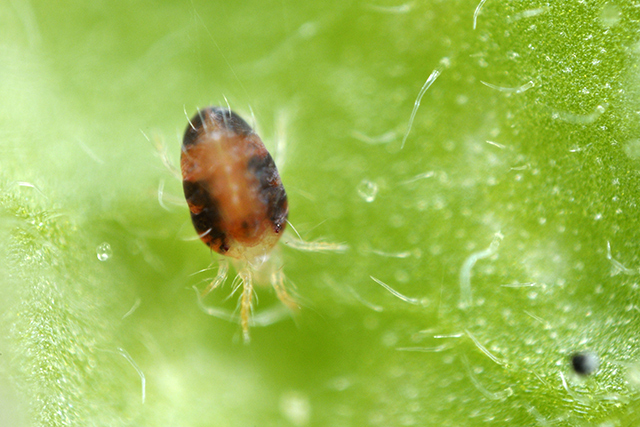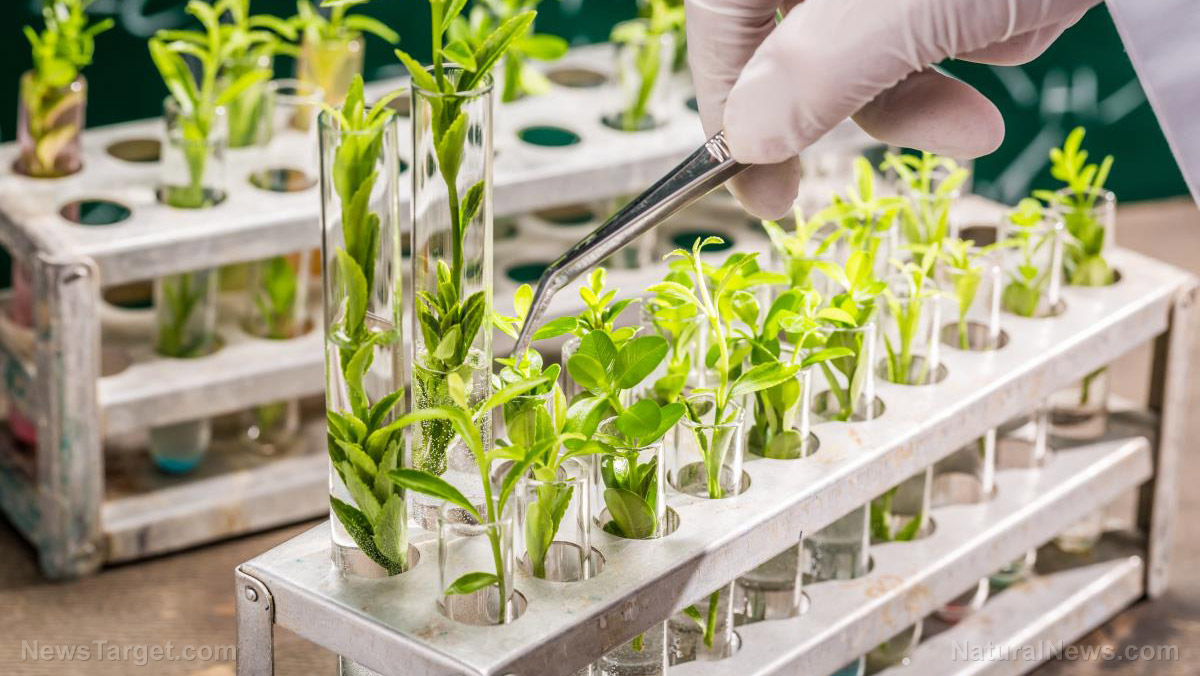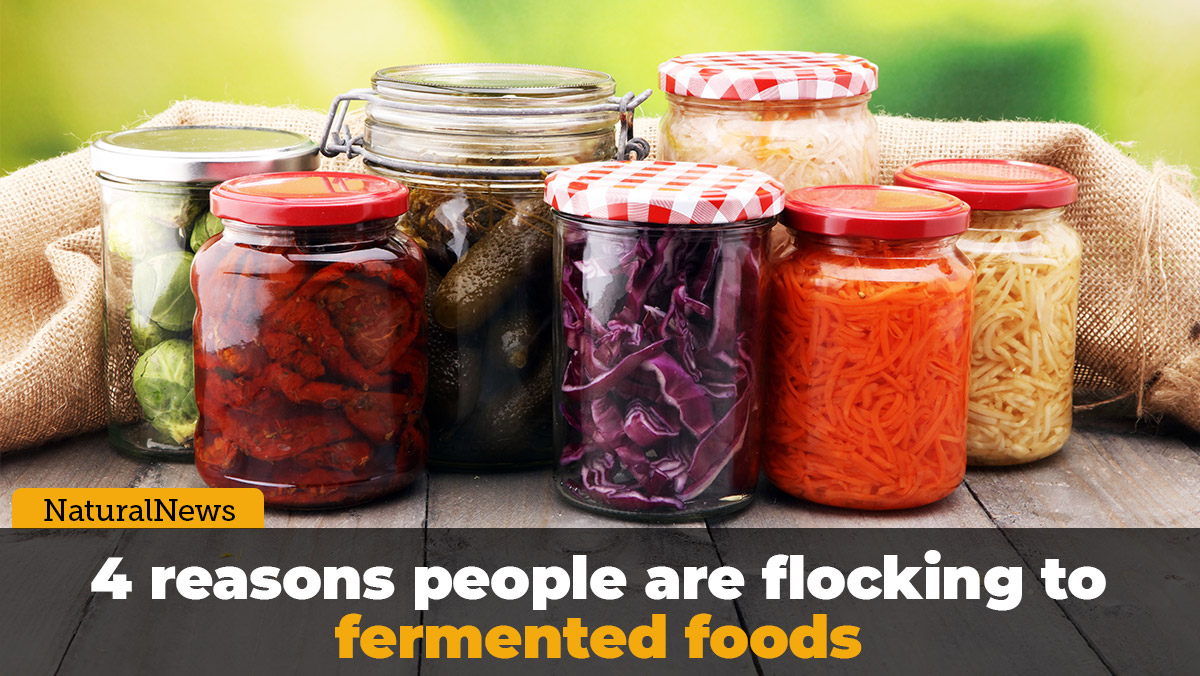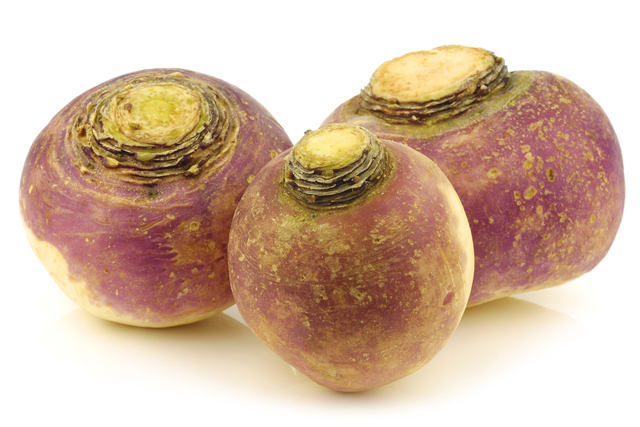Alert: Maine approves three types of GMO potatoes
05/30/2017 / By Tracey Watson

Maine just became the last state in the nation to approve the use of three new types of genetically modified (GM) potatoes – the Innate Generation 2 Russet Burbank, the Ranger Russet and the Atlantic potato varieties. The Maine Board of Pesticides Control approved the new potatoes, which were developed by the Idaho-based J.R. Simplot Co., in early May. The company claims that the addition of wild potato genes will make these new varieties more resistant to late blight, as well as reducing bruising and enhancing their cold storage capacity.
The potatoes have been in the development phase for over a decade, and both the U.S. Food and Drug Administration (FDA) and the U.S. Department of Agriculture (USDA) gave the franken-potatoes their stamps of approval last year.
The developers were quick to distance themselves from other genetically modified varieties, particularly Monsanto’s NewLeaf transgenic potato, which was spliced with an insect repelling Bt gene, and was pulled from the market in 2001, after few farmers showed any appetite for its use.
Simplot’s potatoes have been developed using a different kind of technology. All three varieties are cisgenic, which means they contain only genes from other potatoes – a process which the company insists could have taken place naturally through routine cross-pollination.
Several national polls, including one by Pew Research Center in 2015, have found that Americans in general do not trust genetically modified foods. That particular poll found that 57 percent of the nation believe that GMO’s are actually unsafe to eat, while only 37 percent believe that they can safely be consumed. This is in spite of the fact that 88 percent of AAAS (American Association for the Advancement of Science) scientists insist that they are “generally safe.”
Simplot hopes that their more “natural” modifications will make the public less uneasy.
“Once people understand that it’s [potato-to-potato], they soften. It doesn’t hit the same sort of emotional triggers,” said Sharie Fitzpatrick, a senior biotech regulatory manager with Simplot.
Those opposed to GMOs have expressed a number of concerns about the new potatoes, including the fact that these new veggies may have an adverse effect on the potato market as a whole. Since people are so wary of GMOs, many fear that they will stay away from potatoes in general to make sure they aren’t being exposed to the new GM varieties. [RELATED: Discover the top 10 reasons GMOs should be labeled.]
“What I worry about is that there will be a vague recollection that new potatoes will be genetically engineered,” said Jim Gerritsen of Wood Prairie Family Farm, a distributor of certified organic seed in Bridgewater, Maine. “That’s going to damage every potato farmer. Not just organic ones but regular ones, too.”
Other GMO opponents have wondered why the company is introducing these new potato varieties when there has been no demand for such produce from consumers, especially considering the generally negative perception of GMOs among the American public.
The fact is, in spite of their extensive use over the past two decades, there has been no evidence that genetically modified plants produce greater yields or that they are nutritionally superior. On the other hand, as Livestrong reports, the tremendous increase in infertility, autoimmune diseases, gastrointestinal problems and chronic disease over that same time period has many wondering if there might not be a connection.
Also, in many instances, the use of GM seed has been linked to increased use of herbicides and pesticides, many of which have serious health effects. One example of this is Monsanto’s Roundup herbicide, which contains very high levels of glyphosate, a chemical labeled as “probably carcinogenic to humans” – likely to cause cancer – by the World Health Organization’s International Agency for Research on Cancer (IARC) in 2015.
To a large extent, the possible dangers of GMOs remain an unknown entity, and an increasing number of people are simply not interested in taking the risk of eating them when organic, non-GMO options are available.
Sources:
Tagged Under: cisgenic foods, genetically modified potatoes, GMOs, potatoes, Simplot




















